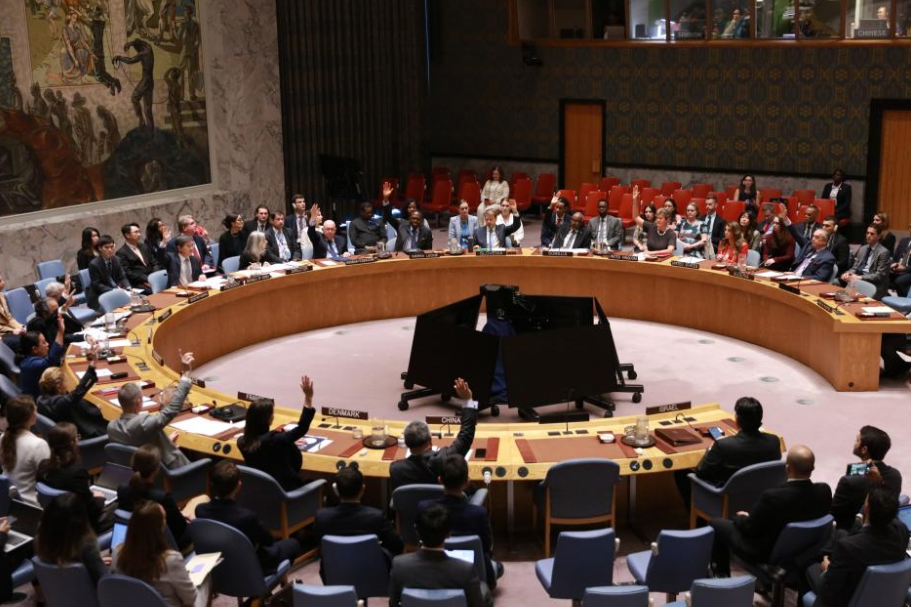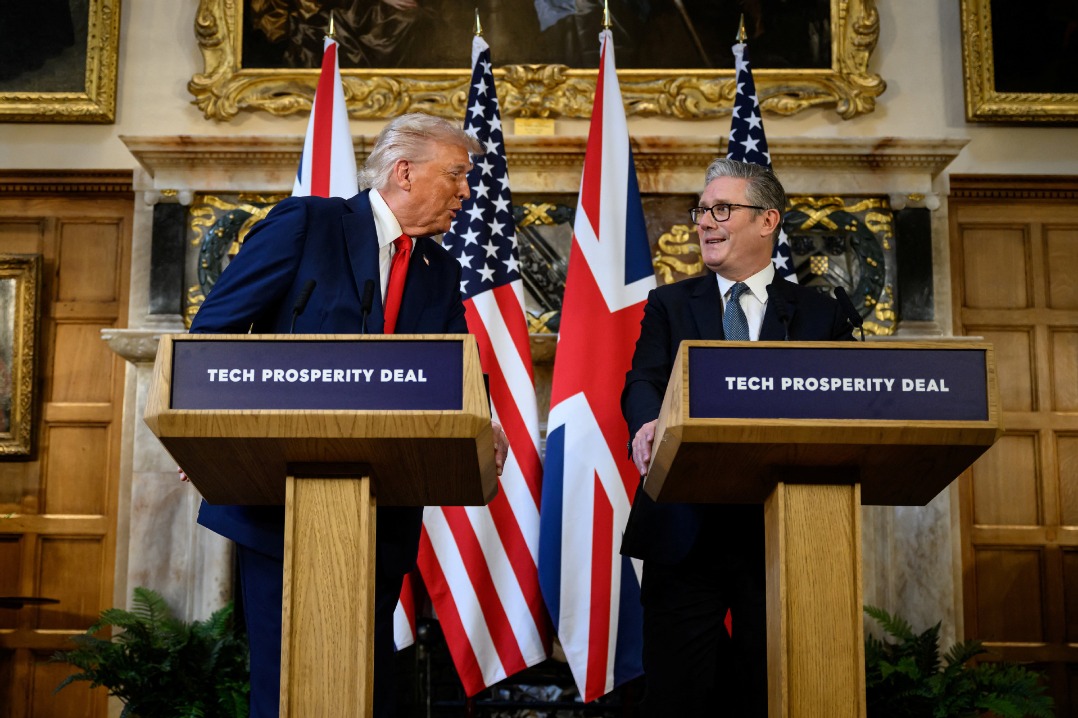Trump signs proclamation raising H-1B visa fee for employers to $100,000

WASHINGTON -- US President Donald Trump on Friday signed a proclamation raising the fee that companies pay to sponsor H-1B applicants to $100,000, saying the move is intended to ensure that the United States brings in highly skilled talent whom American workers cannot replace.
"The large-scale replacement of American workers through systemic abuse of the program has undermined both our economic and national security," said the proclamation.
According to the decree, the entry of foreign nationals holding H-1B visas to work in specialty occupations in the United States will be restricted, except for applicants whose petitions include the six-figure payment by their employer. The entry restriction applies to foreign nationals entering or attempting to enter the United States after the date of the proclamation, Sept 21.
Companies typically pay several thousand dollars for H-1B visas. This latest policy will substantially increase the cost for companies to hire foreign talent. The annual cap for new H-1B visas is 85,000, according to data from US Citizenship and Immigration Services.
Signing the proclamation at the White House on Friday afternoon, Trump said that companies would rather not pay the new fee, and hiring Americans would achieve that. "So there's an incentive to hire American," the US president said.
"The company needs to decide, is the person valuable enough to have $100,000 a year payment to the government? Or they should head home and they should go hire an American?" said US Commerce Secretary Howard Lutnick, who was present.
US media noted that the hefty fee will affect tech giants such as Amazon, Microsoft, and Google, which have long relied on the H-1B visa program to hire foreign employees, including software developers.
CBS reported that the plan could backfire by encouraging US companies to shift jobs overseas, especially in specialized fields such as research and development. It could also further deter international students from studying in the United States.

































